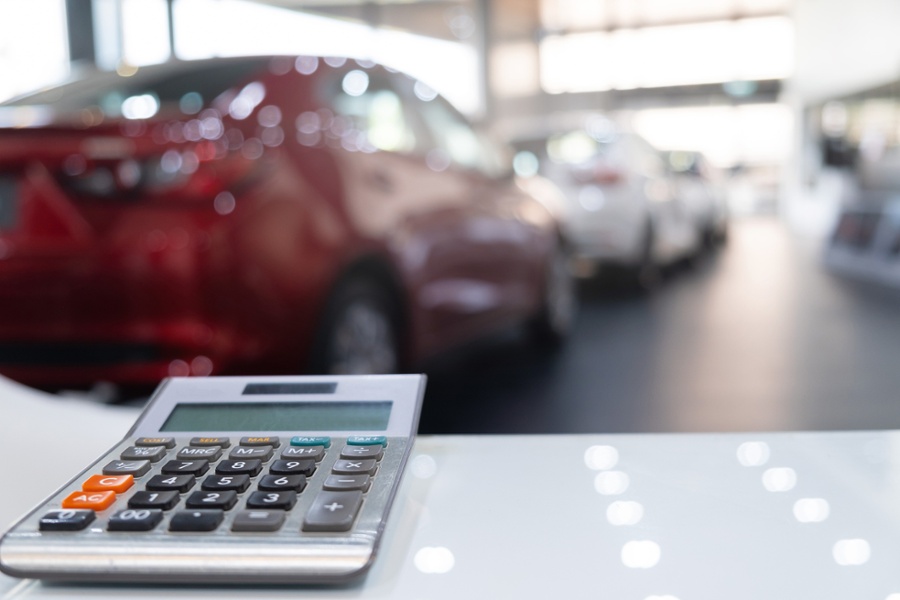- 7 17 Staff
New vs used car: weighing your car buying options

Most consumers view a vehicle purchase as a mix of meeting transportation needs while indulging in certain conveniences and fun features of whatever vehicle they purchase. Even though a car purchase is typically a necessity, it’s hard not to have your purchase influenced by your emotional impulses.
As you start your search for a new vehicle, one of the first decisions you have to make is whether you want a new or used vehicle. But this broad decision should only be made after you’ve considered all of the different factors that can affect the cost and value of the vehicle you end up buying.
Struggling to decide? Here are some top considerations to keep in mind.
Purchase Price
New vehicles are sold at a premium. Even for a modest new vehicle, you can expect to pay thousands of dollars more for that vehicle as compared to a low-mileage used vehicle from a recent model year.
Research suggests that the average new vehicle costs 26.8% more than a low-mileage version of the previous year’s model. While new cars may help you save on other associated costs of owning a vehicle, you’ll pay a higher price on the front end for any vehicle you buy new.
Vehicle Depreciation
All vehicles depreciate over time. The big difference between new and used vehicle depreciation is that with a new vehicle, your car automatically loses about 20% of its resale value as soon as you drive it off the lot.
Used vehicles have already incurred that depreciation, so the rate of decline in value is far less significant. This can save you a lot of money not only on your initial purchase, but also when you go to trade in or sell your vehicle. You’ll get a higher rate relative to your purchase price, which keeps more money in your bank account.
Interior Features
New vehicles come with more modern interior features, especially when accounting for the onboard computer technology. With a used vehicle, the quality of those features will depend on the age of the vehicle. Since onboard computers and other technology have made significant advancements in recent years, you might sacrifice a lot of smart technology even if you opt for a used vehicle that’s a few years old.
While the downgrade in features may be less significant for a used vehicle from a recent model year, you’ll want to compare those features to what’s available in the latest model year of that vehicle — and consider the relative value of those features to your driving experience. Do they improve safety? Are the features merely meant for fun?
Repairs and Maintenance
Every vehicle you buy is going to have repair and maintenance needs over time. But new vehicles will likely have minimal maintenance needs in the first few years of ownership.
The amount of repair work needed for a used vehicle may also depend on whether that vehicle’s repair needs are covered by a warranty. Some used vehicles bought from a dealership will come with a warranty that covers a certain period of time or up to a certain mileage number. This can defray the potential cost and risk of buying used vehicles.
Financing Options
While buyers can qualify for financing regardless of whether they’re buying new or used, a new vehicle may qualify for special financing promotions that include reduced rate financing, zero-interest financing, deferred payments and other incentives.
Keep in mind that if you’re buying a vehicle that is 10 or more years old, you may be subject to higher interest rates on your financing. At some institutions, including credit unions, you may have difficulty getting approved for financing at all for a vehicle more than a decade old.
While a vehicle purchase itself won’t help your goals of building net worth, a financially smart vehicle purchase can help preserve your hard-earned money and reduce the lifetime costs of owning a vehicle — which can then fuel increased saving and investing.
Discover the benefits of financing an auto loan through your local credit union. Become a member by opening a checking account today.
